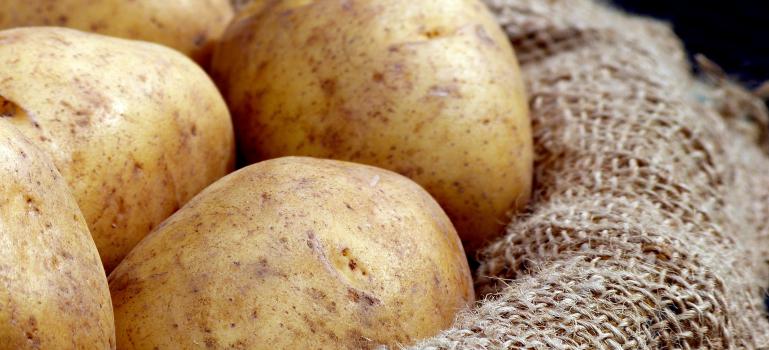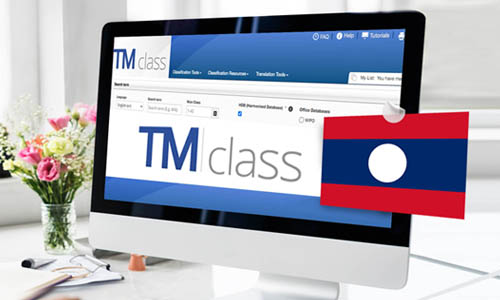On 10 August 2020, the European Asylum Support Office (EASO) published a Country of Origin Information (COI) report titled ‘Afghanistan, Anti-Government Elements (AGEs)’
The EASO COI report Afghanistan, Anti-Government Elements (AGEs) provides an overview of the main Anti-Government Elements (AGEs) in Afghanistan, primarily the Taliban and Islamic State Khorasan Province (ISKP), with a focus on describing their modus operandi, structure and activities with respect to targeted killings and attacks on particular profiles.
The Taliban is an AGE that has been active in Afghanistan for decades. The Taliban leadership ruled Afghanistan from 1996 until 2001, when it was removed from power by US and international forces. The group has continued to conduct an insurgency following its removal. Since 2001, the Taliban have preserved some key principles including a strict interpretation of sharia law in areas under their control. On 29 February 2020, in Doha, the US and the Taliban signed an ‘Agreement for Bringing Peace to Afghanistan’, after 18 years of war. Despite the agreement with the US, the Taliban have continued their attacks against the Afghan government forces in particular.
Other AGEs operating in Afghanistan and described in this report include Al Qaeda, Haqqani Network and foreign armed groups.
The report was drafted by EASO COI Sector in accordance with the EASO COI Report Methodology. It was reviewed by experts from Denmark, Danish Immigration Service, The Netherlands, Office for Country Information and Language Analysis, Ministry of Justice and by ACCORD, the Austrian Centre for Country of Origin and Asylum Research and Documentation.
With 2.7 million refugees as of the end of 2019, Afghanistan was the third largest country of origin of refugees in the world. Afghan continued to be the second most common citizenship of asylum applicants in the EU+ as of May 2020. The EU+ recognition rate for decisions issued to Afghan applicants dropped to 36 % in May, a considerable decrease from the 46 % in the first quarter of 2020 and lower than in Q4 2019 (50 %).
This report is part of a series of EASO COI reports on Afghanistan due to be published in 2020, which provide relevant information regarding topics such as customary law and informal dispute resolution, state actors, security situation and armed conflict developments, key-socio economic indicators.



